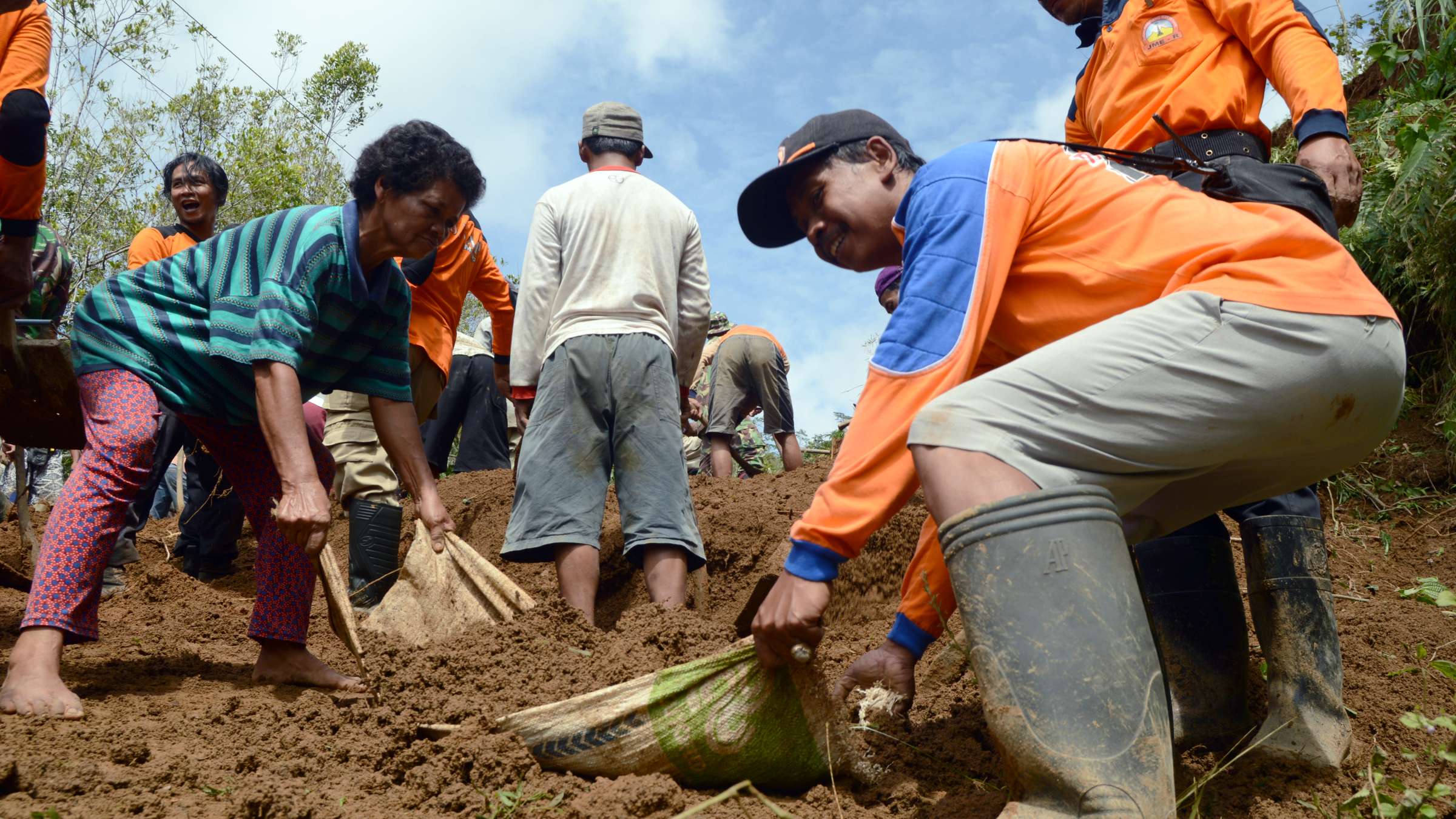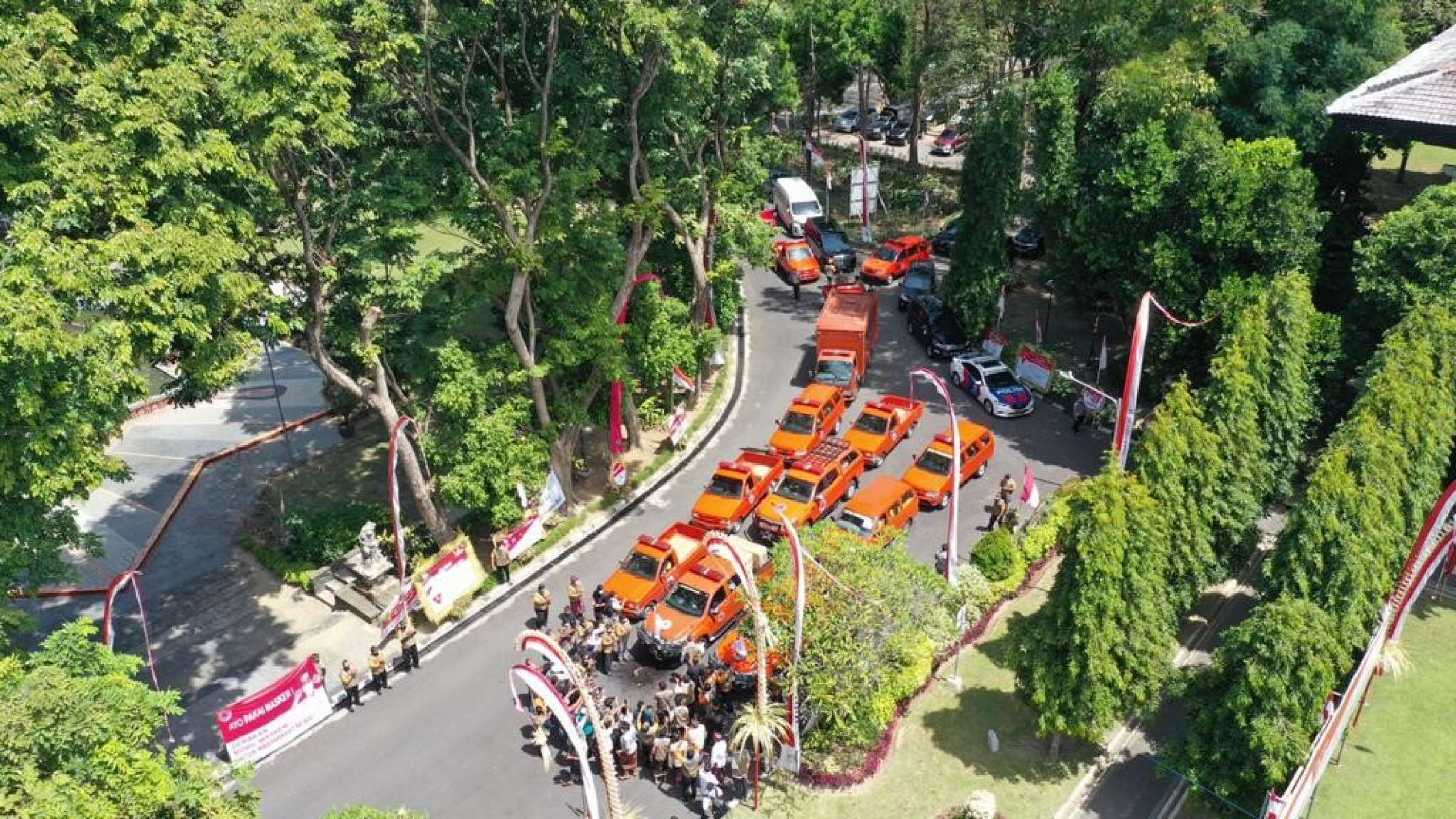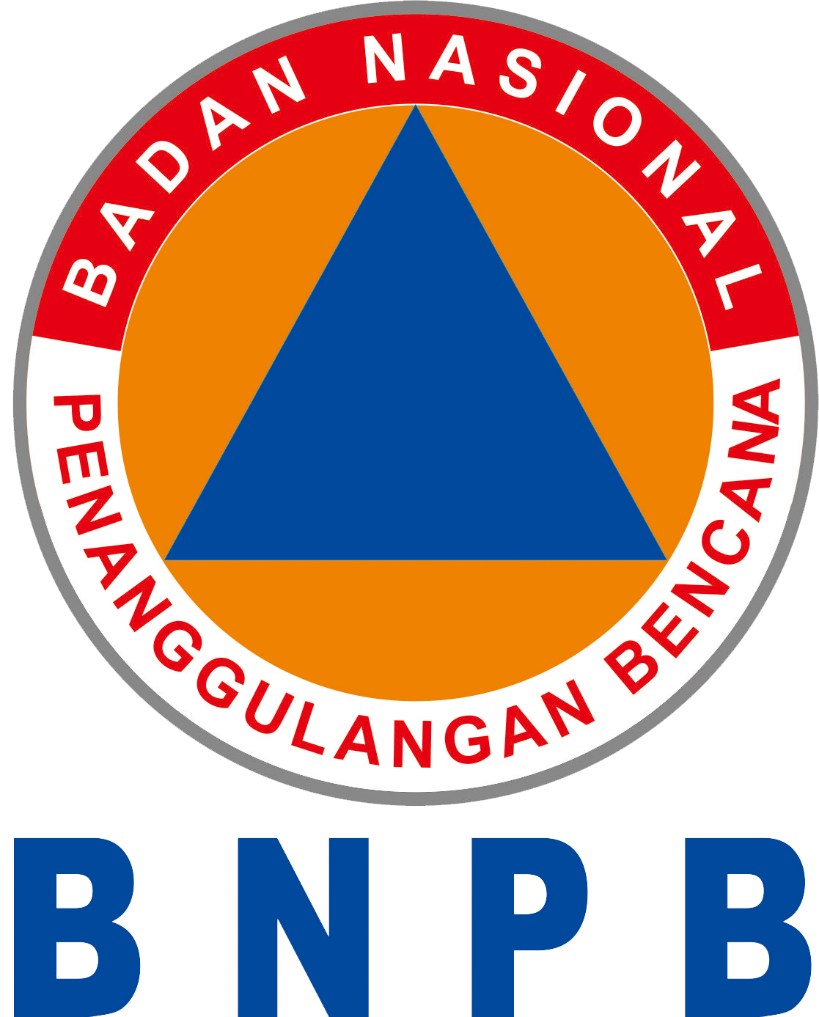The Government of Indonesia hosts GP2022
The GP2022 has taken place in Bali - organized and convened by UNDRR and hosted by Indonesia
Indonesia is highly committed to advancing international cooperation and to sharing its experiences in disaster risk reduction. Its innovative policies against natural hazards prioritize the roles of local communities, are based on the environment, and utilize science and technologies. Actively involved in disaster prevention and risk reduction at the global level, Indonesia has developed several initiatives together with other countries and is committed to implementing the Sendai Framework 2015-2030 at all levels and fully incorporating the Framework into national development programs. Indonesia has been a proud host of the seventh session of the Global Platform for Disaster Risk Reduction, bringing representatives of Member States, UN, International and Regional Organizations, as well as stakeholder groups, to Bali, in May 2022.
INDONESIA AND DRR
Indonesia’s Commitment to Disaster Risk Reduction
Indonesia is exposed to a wide range of natural hazards, including earthquakes, tsunamis, volcanic eruptions, and flooding. The Government of Indonesia has been at the forefront of disaster and climate risk management through constant adaption of its laws, policies, and institutions. National agencies plan for and respond to disasters effectively with improved tools, data and capacity. Indonesia is committed to implementing the Sendai Framework for Disaster Risk Reduction and to strengthening disaster resilience nationally and globally.
Disaster risk reduction is central to Indonesia’s national development strategy. Indonesia possesses multiple disaster management plans at regional and sub-national levels and has a clear legal framework outlining government responsibilities, community rights and obligations, the roles of businesses and institutions in the event of emergencies. The National Disaster Management Authority, Badan Nasional Penanggulangan Bencana (BNPB), is the leading national agency responsible for all disaster-related activities from preparedness, prevention and mitigation to response.
Indonesia is a world leader in ecosystem-based disaster risk reduction and community-based disaster management. Indonesia is committed to building capacity at the grassroot level and developing information system-based tool that are accessible to everyone. Indonesia is at the forefront of disaster risk reduction and management and strives to make its population safe from devastating impact of disasters. The country looks forward to sharing its experience with the Global Platform for Disaster Risk Reduction participants.

BALI AND DRR
Bali strengthens disaster risk management
Bali, as one of the world's leading international tourist destinations, has worked over the past years to strengthen disaster risk management. During the COVID-19 pandemic, traditional village governance models were used to control the spread and management of the disease. The Government of Bali makes use of local practices and culture for managing disaster risk, while also promoting community involvement, including women, children, people with disabilities, and other vulnerable groups. Disaster risk management practices are based on customs, culture and nature protection, as fundamental elements of the Balinese culture handed down from generation to generation.
The commitment of the Government of Bali in responding to COVID-19 is shown through an increase in tracing, testing and treatment (3T) capacity. The Government of Bali collaborates with the private sector, universities, public volunteers, and other partners for implementation and mobilization of resources for managing the pandemic. A wide range of stakeholders is involved in communication, especially the media, community organizations and traditional villages, to ensure behavioral change and a wide outreach. The Government of Bali has implemented the following DRR-related activities:
- Managing COVID-19 through vaccinations
- Introducing disaster risk preparedness certification for hotels
- Addressed disaster risk preparedness of large-scale international events
- Worked with the private sector to strengthen preparedness
- Worked to support local DRR activists


